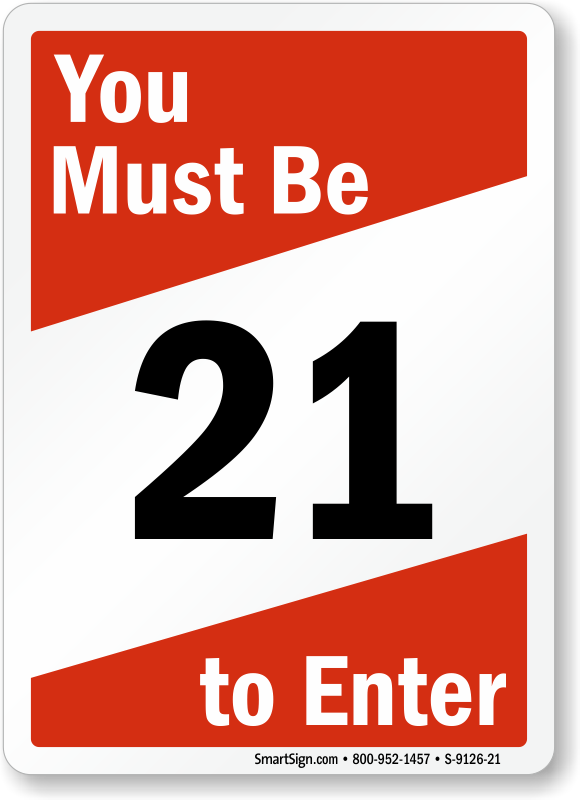
Proponents argue that raising the drinking age can help stem the addiction epidemic in the U.S. Some research suggests that around 90% of adults with substance use disorders drank as teens or young adults. Drinking also decreased from 70% to 56% during the same period in people aged 21 to 25. Furthermore, some research has shown that people aged 21-25 are the most likely age group to drive after drinking alcohol.Īccording to the Center for Disease Control (CDC), after the drinking age was raised to 21, alcohol consumption in people aged 18 to 20 decreased from 59% to 40% in the six years following the change. The National Highway Traffic Safety Administration estimates that raising the drinking age to 21 saved 31,959 lives between 19. Data shows that since the drinking age was raised to 21, there has been a significant decrease in alcohol-related car accidents. There is a strong correlation between drunk driving and youth. Greater risk for conditions like mood disorders, ADHD, PTSD, and other mental health challenges.Damage to the brain’s white matter, negatively impacting brain cells’ communication with each other.

Damage the prefrontal cortex, which can impair judgement and impulsivity in adulthood.Damage to the hippocampus resulting in issues with memory and learning.Young adult and teen drinking can interfere with brain development, causing long-term consequences like: The brain is still undergoing crucial developments until age 25, and some scientists have found evidence that it keeps developing until as late as age 30.

Much research has shown the damaging effects of alcohol on brain development in teens and young adults.
/car-mechanic-working-in-repair-garage--checking-oil-level-590774355-59f74644685fbe00117d5a0a.jpg)
Here are a few reasons why they believe the legal drinking age should be raised to 25: They also say the minimum drinking age saves lives by reducing the risk of danger to oneself and others. Some people believe raising the legal drinking age to 25 is imperative because of considerations like emotional and physical maturity. should raise the drinking age even higher - to 25. Some proponents of drinking age limits feel that the U.S. On the other side of the debate, people argue that young adults are less likely to drink responsibly, and that alcohol can damage the still-developing human brain. Some people feel that requiring people to be 21 to drink just makes underage drinking more of a problem and doesn’t align with other minimum age restrictions like joining the military or owning a gun. The federal law requires people be 21 years old to buy or possess alcohol. since the National Minimum Drinking Age Act was passed in 1984.

There’s been an ongoing debate about the minimum legal drinking age (MLDA) in the U.S.


 0 kommentar(er)
0 kommentar(er)
